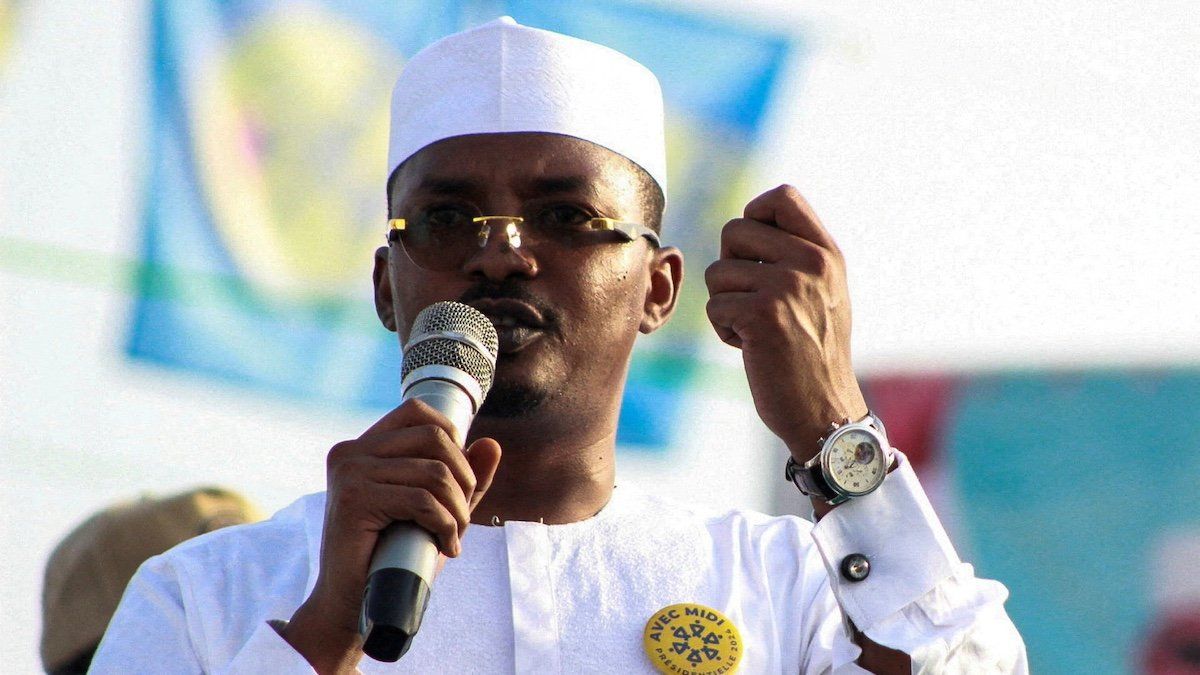Chad is the first of the coup-ridden Sahel states to move toward democracy. Well, inch toward democracy.
The current frontrunner is Gen. Mahamat Déby, who has been ruling in an interim capacity since his father, former President Idriss Déby, died while fighting rebels in 2021. The elder Déby led a coup in Chad in 1990 and ruled for three decades. His death opened the possibility of a new era in Chadian politics, with the younger Déby promising to hold elections – in which he wouldn’t run – within 18 months.
Three years later, those elections are finally here, and Déby is running after all, following a deadly crackdown on opponents in 2022 that sent many of his rivals into exile. Leading opposition figure Yaya Dillowas killed under murky circumstances in February. Voters told the BBC they had little confidence the election would be conducted fairly.
But don’t expect Washington or Paris to make too big a fuss over janky polls. Unlike the military regimes in Mali and Niger, which have kicked out Western powers, Chad has close relations with France and cooperates with the US military. Thethreat of extremist groups in the region means the great powers’ primary objective is keeping relations stable, though Déby has also been flirting with Moscow in recent months.
